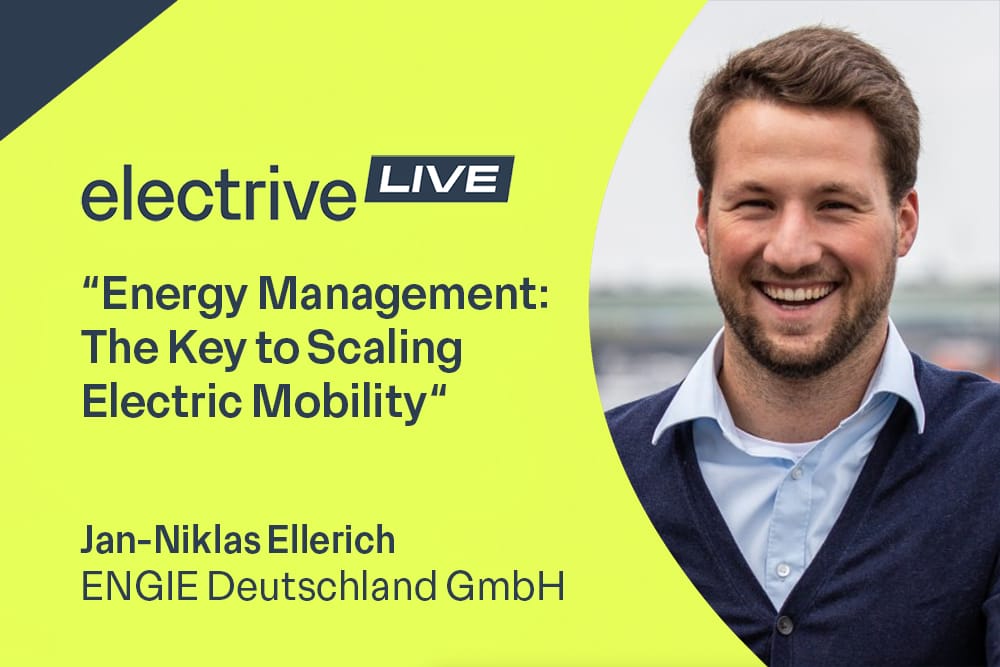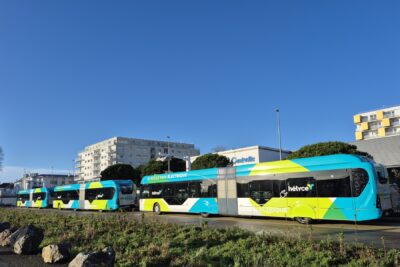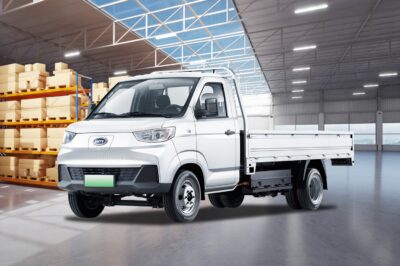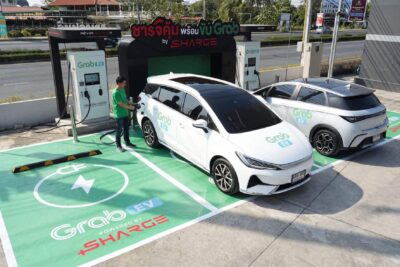“Energy Management: The Key to Scaling Electric Mobility” – Jan-Niklas Ellerich from Engie
While the cost advantage of electric trucks is already emerging in Europe, ENGIE argues that economics alone will not secure the shift. “The scalability of electric mobility depends heavily on how charging is integrated into the energy system,” said Jan-Niklas Ellerich, Head of Business Development & Sales Heavy-Duty-Charging at Engie Germany, during our online conference electrive LIVE.
Spot market data across Europe shows that fleets can benefit from very low electricity prices during predictable hours. “It sounds more complicated than it is,” said Ellerich. “It’s generally always the same hours that are the cheap ones.” For heavy-duty fleets, midday often coincides with driver rest periods, perfectly matching low-price windows caused by strong solar generation.
Intelligent energy management as an enabler
This opens opportunities for fleet operators: “If we take advantage of the market, we can realise public charging prices at a historic low cost,” Ellerich explained. But the challenge is coordination – operators must combine accurate forecasting with the flexibility to charge when prices dip.
Crucially, electric vehicles themselves can stabilise the grid. “Electric mobility is the perfect antagonist for the rise of renewable energy, because electric vehicles are driving batteries,” Ellerich pointed out. Smart charging allows fleets to act as buffers: absorbing excess electricity during peaks and easing demand when production falls.
Pooling volumes strengthens this effect further. “The more we have in our balance group, the more we can balance,” said Ellerich. For Engie, with long-standing experience in energy trading and grid operations, this is a natural extension: connecting fleet customers to renewable supply and managing volatility on their behalf.
Europe as a model – but more to do
The European energy market already shows what integration can achieve. Electricity from Portugal’s wind or solar farms can reach Berlin in under a second with minimal losses. “We don’t trade energy because we run short of generation. We trade because it’s the cheapest price,” Ellerich explained. Such cross-border trading enables low costs and flexibility, but it remains a European strength rather than a global standard.
Looking ahead, Engie sees the combination of renewables and smart charging as decisive. “We can get you access to green, low-cost prices and support the exciting transition in the energy market,” said Ellerich. For him, heavy-duty electrification is not just about trucks, but about creating a resilient energy ecosystem. “Goods don’t stop at borders – and neither should electrification.”





0 Comments